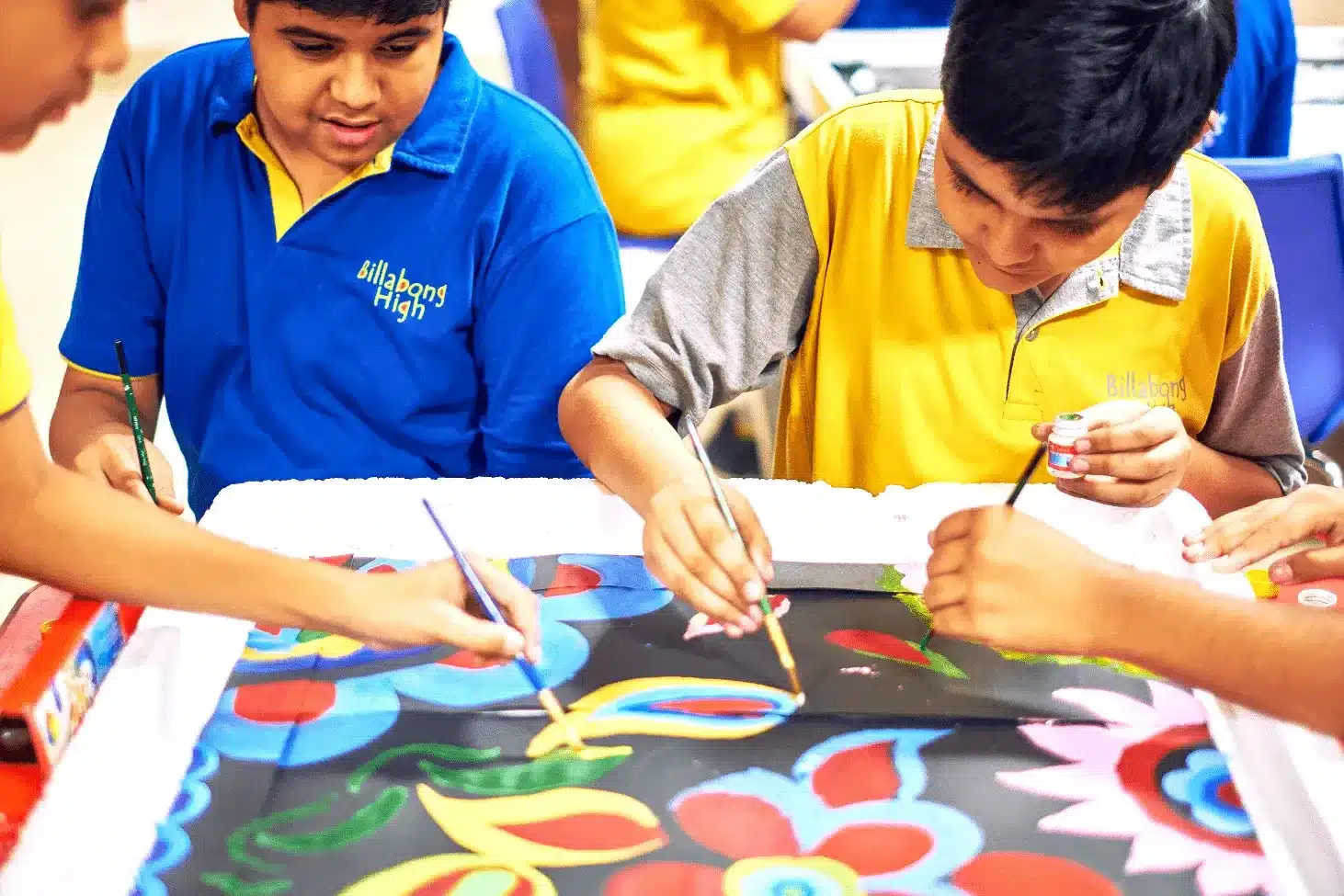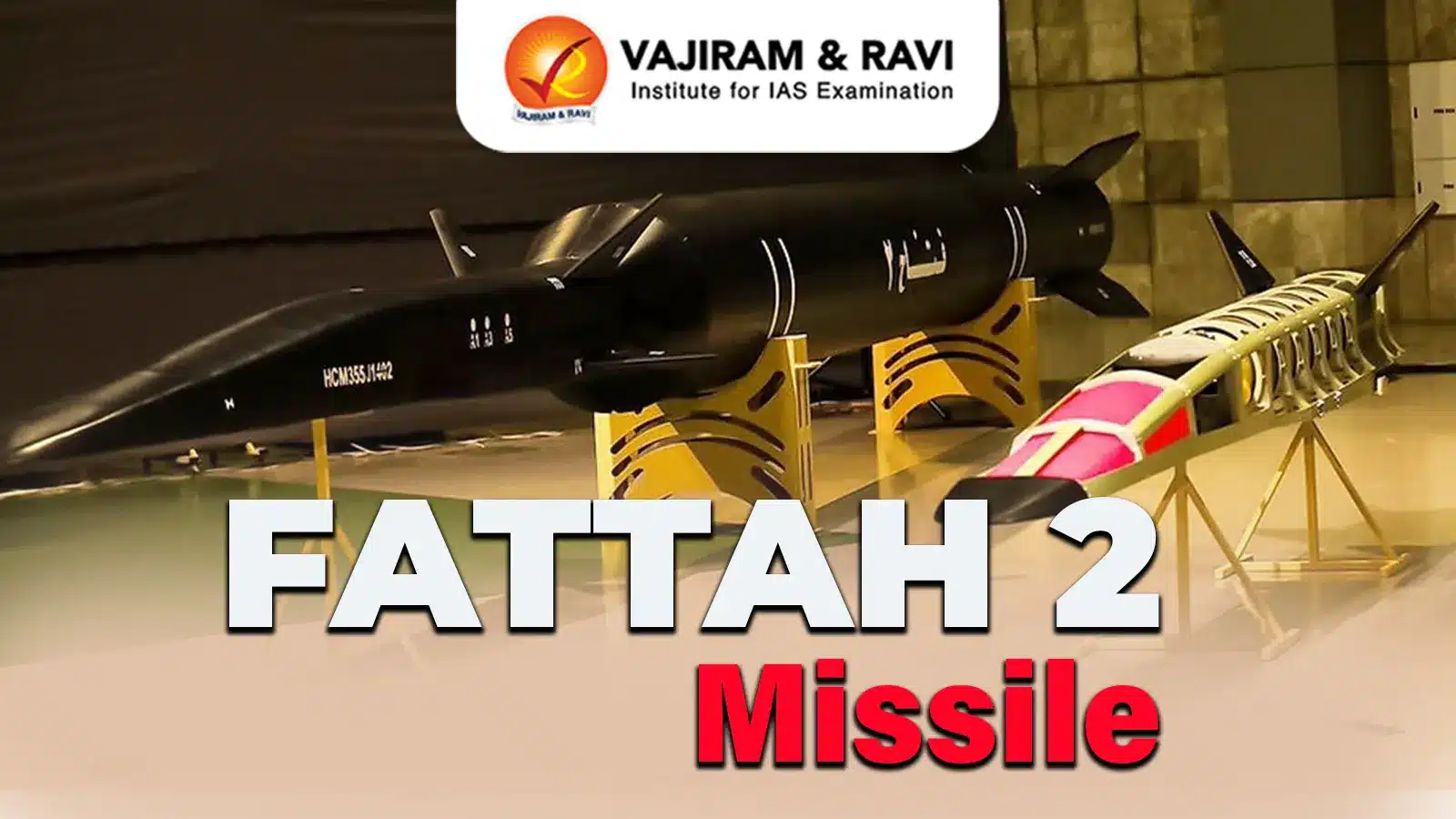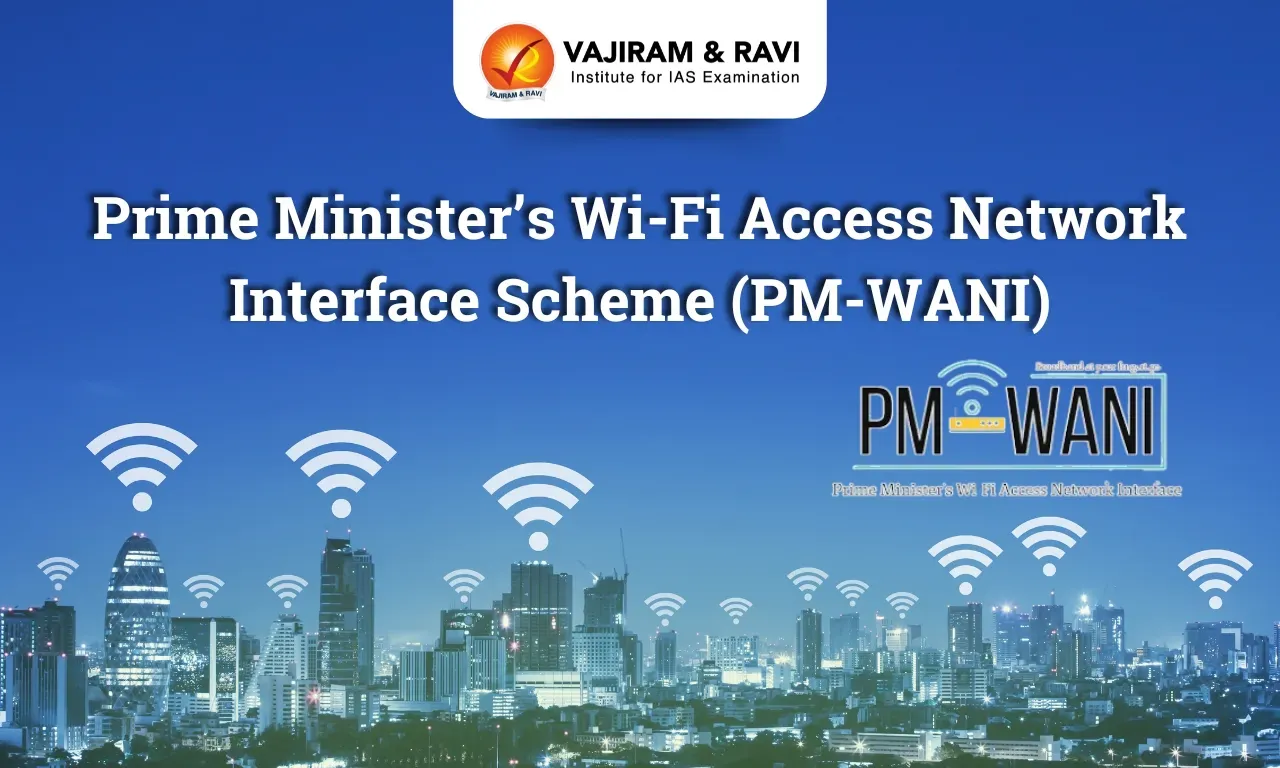About Holistic Progress Card (HPC)
- HPC, developed by Performance Assessment, Review, and Analysis of Knowledge for Holistic Development (PARAKH), a standard-setting body under the NCERT, for the foundational stage (Classes 1 and 2), preparatory stage (Classes 3 to 5), and middle stage (Classes 6 to 8), as per suggestions by the National Education Policy (NEP) 2020, marks a paradigm shift in assessing students’ overall progress.
- HPC incorporates feedback from parents, classmates, and even self-evaluation by students.
- The approach aims to provide a comprehensive view of students’ academic performance, cognitive abilities, socio-emotional skills, and creativity during class activities.
- HPC aligns with the National Curriculum Framework for School Education (NCFSE) to prioritise a learner-centric evaluation.
- Features of Holistic Progress Card
- HPC, will no longer depend on marks or grades to evaluate a student’s academic performance. Instead, it will rely on a 360-degree evaluation.
- Under the HPC model, the students will be regularly assessed through class activities where they are not just passive learners but active agents.
- The activities will prompt students to apply diverse skills and competencies that will demonstrate whether they have been able to grasp concepts.
- The difficulty level they experience while performing a task will also be assessed.
- Teachers, thus, will be able to register the strengths of a student, such as their ability to “collaborate”, “follow instructions”, show “creativity” or “empathy”, etc.
- Similarly, weaknesses like “lack of attention”, “peer pressure”, “lack of preparation” will help teachers identify areas where students need help.
- A key feature of the HPC is that students will have a say too, evaluating their own as well as their classmates’ performance.
- It encourages students to reflect on their progress through statements such as “I learned something new” or “I expressed my creativity.”
- At the middle stage (Classes 6 to 8), students are prompted to set academic and personal goals.
- An “ambition card” allows students to outline their aspirations, areas for improvement, and the necessary skills and habits to fulfill their ambitions.
- The HPC seeks to involve parents in the learning process, integrating their insights on homework, classroom engagement, and balancing screen time with extracurricular activities.
- Peer evaluation is also a key element, with students assessing their classmates’ contributions to activities.
Benefits of Holistic Progress Card
- The HPC goes beyond numerical grades, focusing on descriptive and analytical evaluations that encompass academic achievements as well as the development of critical skills in a child.
- It promotes a shift from summative to formative assessment, fostering competency-based evaluation and holistic growth.
- Additionally, it seeks to provide teachers and parents with insights to support each student in learning.
Q1) What is the National Council for Educational and Research Training (NCERT)?
NCERT is an autonomous organization under the Ministry of Education, Government of India. NCERT is responsible for developing and publishing textbooks, teacher training manuals, and educational materials for primary and secondary schools in India. The organization was established in 1961 with the goal of providing qualitative education to students in the country. It is headquartered in New Delhi and has regional offices across the country.
Source: A new report card, where students, their friends, parents get a say: What has NCERT changed, why
Last updated on June, 2025
→ UPSC Notification 2025 was released on 22nd January 2025.
→ UPSC Prelims Result 2025 is out now for the CSE held on 25 May 2025.
→ UPSC Prelims Question Paper 2025 and Unofficial Prelims Answer Key 2025 are available now.
→ UPSC Calendar 2026 is released on 15th May, 2025.
→ The UPSC Vacancy 2025 were released 1129, out of which 979 were for UPSC CSE and remaining 150 are for UPSC IFoS.
→ UPSC Mains 2025 will be conducted on 22nd August 2025.
→ UPSC Prelims 2026 will be conducted on 24th May, 2026 & UPSC Mains 2026 will be conducted on 21st August 2026.
→ The UPSC Selection Process is of 3 stages-Prelims, Mains and Interview.
→ UPSC Result 2024 is released with latest UPSC Marksheet 2024. Check Now!
→ UPSC Toppers List 2024 is released now. Shakti Dubey is UPSC AIR 1 2024 Topper.
→ Also check Best IAS Coaching in Delhi
























